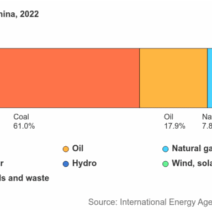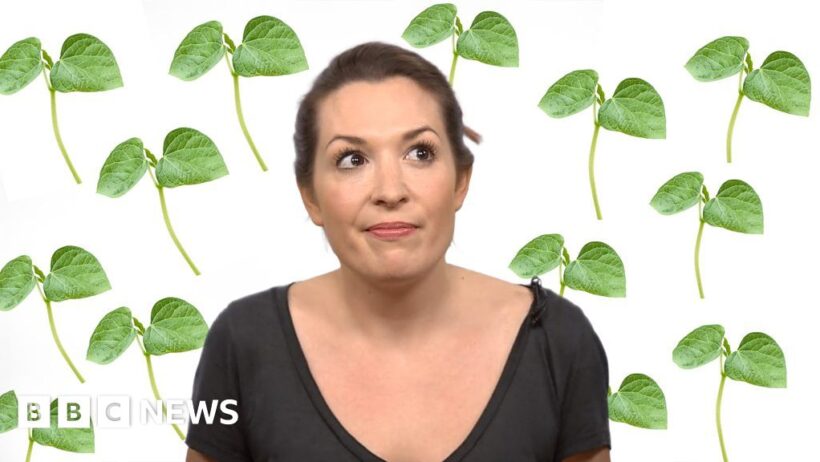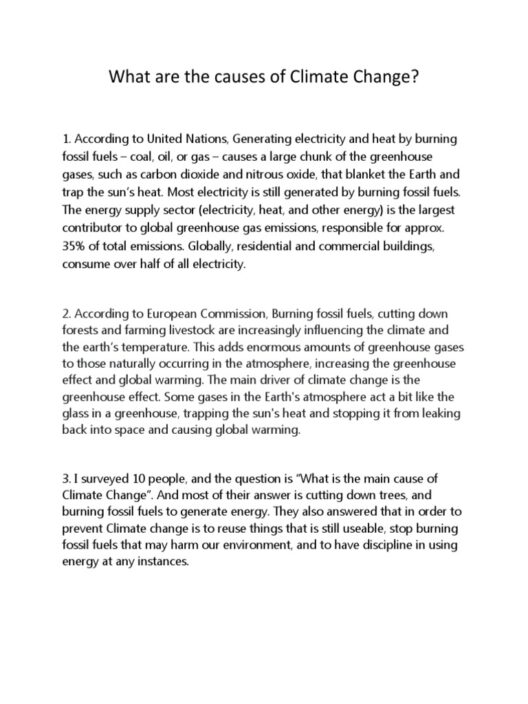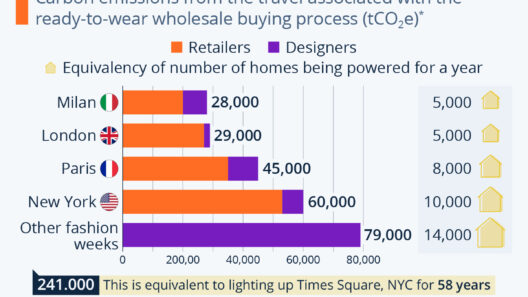In an era where the specter of global warming looms ever larger, each choice we make reverberates through the delicate ecological tapestry of our planet. Among the myriad decisions individuals face, the choice between a plant-based diet and one centered on animal products is not merely a personal preference—it’s a potent lever for social and environmental change. Transitioning to a vegan or vegetarian lifestyle emerges not just as a trend but as a clarion call for sustainability, echoing through the corridors of environmental science.
The agriculture sector is a formidable contributor to greenhouse gas emissions, with livestock production accounting for a staggering 14.5% of all anthropogenic emissions, according to the Food and Agriculture Organization (FAO). This figure represents a significant aspect of the climate puzzle. A diet predominantly comprising plant-based foods could substantially attenuate these emissions. By choosing to forgo meat, an individual can potentially reduce their carbon footprint by up to 50%. This change, analogous to switching from a gas-guzzler to a fuel-efficient vehicle, has the potential to drastically lessen the amount of carbon dioxide and methane released into the atmosphere.
To understand how a vegan or vegetarian diet contributes to diminished global warming, one must first explore the intricate dynamics of greenhouse gases. Methane, a gas with over twenty times the warming potential of carbon dioxide over a short period, is particularly prevalent in livestock farming. Cattle produce methane during digestion through a process known as enteric fermentation. This methane seeps into the atmosphere, contributing to the greenhouse effect. A shift toward plant-based protein sources—such as lentils, beans, and nuts—would not only curb methane production but would also require significantly less land and water resources. Thus, the transition acts as a double-edged sword: it alleviates pressure on environmental resources and drastically reduces emissions.
Moreover, the water footprint of animal agriculture is staggering. It takes approximately 1,800 gallons of water to produce just one pound of beef. In contrast, producing one pound of vegetables or grains often requires considerably less water. This dramatic disparity highlights a crucial point—sustainable food production is inextricably linked with conservation efforts. As droughts, floods, and climate-induced catastrophes become more frequent, the strain on water resources necessitates a paradigm shift in our consumption patterns. By choosing a diet that emphasizes plant-based foods, individuals can champion responsible stewardship of water resources.
The soil beneath our feet tells a story—a tale woven with the intricate threads of biodiversity and carbon sequestration. Regenerative agriculture, particularly when practiced through vegan and vegetarian diets, has the capacity to amplify this narrative. Plant-rich diets bolster soil health, supporting the microbial communities that are essential for biodiversity. When soils are enriched and nurtured, they can sequester carbon dioxide, acting as carbon sinks that mitigate climate change. Hence, what we consume doesn’t merely fill our plates; it also determines the health of our planet.
Consider the agricultural systems in place today. Industrial farming relies heavily on monoculture—growing a single crop for an extensive area—which depletes soil nutrients and restricts biodiversity. When individuals shift to plant-based diets, they support agricultural diversity. This diversity not only enhances resilience against pests and diseases but also bolsters the overall health of ecosystems. Like a symphony, wherein each instrument plays a vital role in harmony, the integration of diverse crops creates a rich, vibrant agricultural landscape. It is, therefore, our collective dietary choices that can orchestrate a sustainable future.
Another facet of global warming is deforestation, predominantly driven by the demand for livestock feed. The Amazon Rainforest, often referred to as the “lungs of the Earth,” has endured significant devastation due to cattle ranching. Each acre of forest cleared symbolizes a loss not only of biodiversity but also a diminished capacity for the planet to sequester carbon. By embracing a vegetarian or vegan diet, one actively participates in the movement to protect invaluable ecosystems. This dietary choice is akin to planting a seed of hope for the forest—a commitment to nurturing and preserving our planet’s green heritage.
While the science augurs well for plant-based diets, it’s essential to recognize that dietary shifts can seem daunting or even insurmountable for some. Breaking free from convention can evoke a sense of loss or apprehension. However, the culinary world is replete with opportunities to explore vibrant, diverse foods that are not only delicious but also sustainable. From hearty grains to vivid vegetables, the palette of a vegan or vegetarian diet resembles an artist’s vibrant canvas, bursting with colors, textures, and flavors waiting to be explored.
Communities around the globe are embracing this shift as well. Initiatives to promote vegetarianism and veganism are becoming increasingly prevalent in schools, workplaces, and public policy. By amplifying access to plant-based meal options, society can collectively shift toward a more sustainable trajectory. Those who adopt an environmentally conscious diet are not simply altering their plates; they are sculpting a new ecological ethos that could resonate through generations.
In conclusion, the symbiotic relationship between diet and climate is undeniable. As the repercussions of global warming escalate, the collective responsibility to embrace a more sustainable lifestyle becomes ever more imperative. Making conscious choices, such as adopting a vegan or vegetarian diet, serves as a beacon of hope against the encroaching shadows of climate change. The act of nourishing ourselves, when rooted in environmental consciousness, transforms an ordinary routine into an extraordinary catalyst for change. The power lies in the choice each individual makes; the time is ripe for a verdant revolution that can foster not only our health but the health of the Earth itself.








